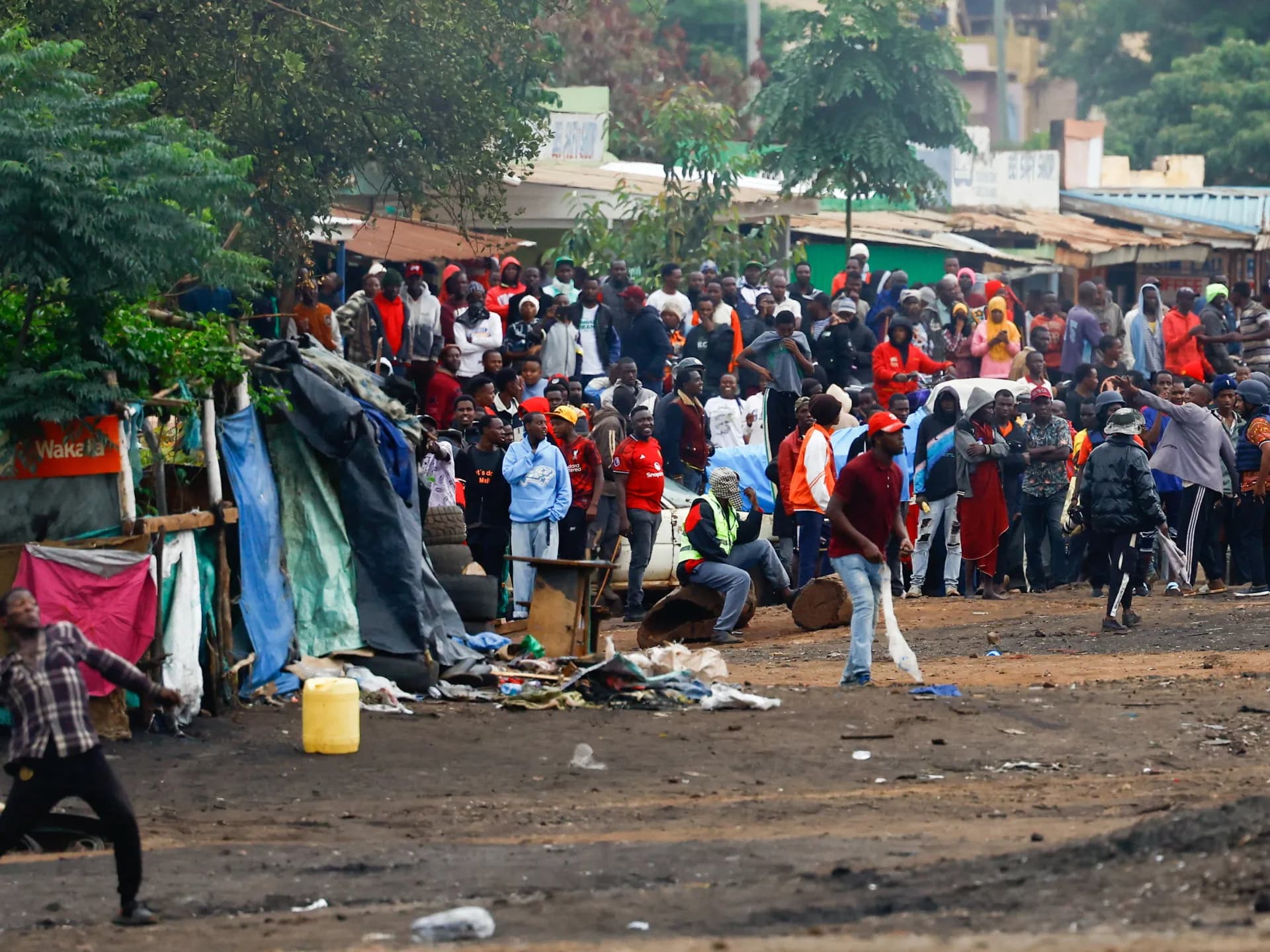We're loading the full news article for you. This includes the article content, images, author information, and related articles.
As Tanzania faces deadly post-election violence and a crippling internet blackout, Kenya has heightened border security, raising concerns over regional stability and cross-border trade.

The Tanzanian government has defended its decision to impose a near-total internet shutdown, citing national security concerns following a disputed general election held on Wednesday, October 29, 2025. Foreign Affairs Minister Mahmoud Thabit Kombo stated on Friday, October 31, that the government had "no figures" on fatalities but denied the use of "excessive force" by security personnel. This statement contrasts sharply with reports from the main opposition party, Chadema, which alleges that around 700 people have been killed in clashes between protesters and security forces in major cities like Dar es Salaam and Mwanza. The United Nations has stated it received "credible reports" indicating at least 10 deaths.
The unrest erupted after the election, which saw President Samia Suluhu Hassan seek her first elected term. Major opposition parties, including Chadema and ACT-Wazalendo, were barred from participating, with their main candidates either jailed or disqualified in the months leading up to the vote. This led to widespread accusations of a rigged process, turning the election into what critics called a "coronation." Protesters took to the streets, tearing down campaign posters and, in some instances, attacking police stations, which led to a swift crackdown, a nationwide curfew, and the deployment of the military.
The internet blackout, which saw connectivity drop to less than 15% of normal levels, began on election day, Wednesday, October 29. Digital rights monitor NetBlocks confirmed the nationwide disruption, which crippled communication for citizens, journalists, and businesses. The shutdown has had significant economic consequences, halting digital services and international money transfers. Remittance platform Nala reported being offline for over 18 hours, preventing families from receiving crucial funds for essentials like food and medicine. The tourism sector, which contributes approximately 18% to Tanzania's GDP, is also under threat as the unrest and information blackout have led to cancellations and damaged international perception of the country as a safe destination.
International bodies have voiced strong condemnation. The UN Human Rights Office and Amnesty International have called for investigations into the violence and urged authorities to restore communications. Lawmakers from the European Parliament described the elections as "neither free nor fair," calling on democratic partners to defend human rights in the nation. The shutdown is part of a broader, troubling trend of digital repression in Africa, with governments increasingly resorting to internet blackouts during elections and protests to control information.
The crisis in Tanzania has direct implications for its neighbours, particularly Kenya. In response to the escalating violence, the Kenyan government has significantly heightened security along its border with Tanzania. Interior Principal Secretary Raymond Omollo confirmed on Thursday, October 30, that security agencies were on high alert to prevent any spillover of violence. The unrest has already disrupted cross-border trade and movement. Protests at the Namanga border town saw Tanzanian police reportedly firing tear gas into Kenyan territory to disperse demonstrators. The internet outage paralysed digital customs systems, leading to a build-up of cargo trucks at key border points like Taveta and Lunga Lunga.
The Kenyan government has warned its citizens against participating in any cross-border protests, emphasizing that such actions could strain diplomatic relations. The situation presents a delicate challenge for the East African Community (EAC), which is headquartered in Arusha, Tanzania, and is founded on principles of good governance and stability. While the EAC deployed an election observation mission, it has yet to release a comprehensive statement on the election's conduct and subsequent violence. Reports indicate President Hassan has been in contact with Kenyan President William Ruto, who is also the current EAC chair, and Ugandan President Yoweri Museveni to discuss the security situation. The unfolding crisis serves as a stark reminder of the fragility of democratic processes in the region and the potential for domestic political instability to have significant cross-border consequences.
Keep the conversation in one place—threads here stay linked to the story and in the forums.
Sign in to start a discussion
Start a conversation about this story and keep it linked here.
Other hot threads
E-sports and Gaming Community in Kenya
Active 9 months ago
The Role of Technology in Modern Agriculture (AgriTech)
Active 9 months ago
Popular Recreational Activities Across Counties
Active 9 months ago
Investing in Youth Sports Development Programs
Active 9 months ago
Key figures and persons of interest featured in this article